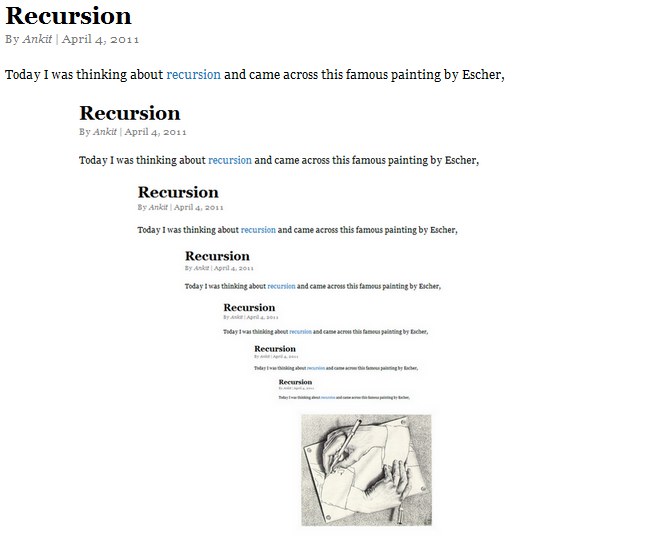I have often wondered why is it that English translations of Russian authors seem to be much more widely available and read than writers from other languages. We have all heard of the great triad of Tolstoy, Chekhov, and Gogol and have come across the names of Dostoevsky, Turgenev, Gorki, Nabokov and more but our familiarity with literature from other parts of the world is composed of randomly scattered, sparsely populated and vaguely remembered names of books and authors. So while Gabriel Garcia Marquez holds the torch for the entire region of Latin America and the literature emanating from there is spoken off in broad generalizations of 'Magical Realism,' it is Miguel de Cervantes with his heartbreakingly naive hero Don Quixote who dispenses off with the requisite responsibility from Spain. Germany is represented by the mighty Kafka, Italy by Dante and Eco, France by Camus, and Japan by Murakami. Other smaller countries, and vast regions from Asia and the middle east do not evoke appreciable neural impulses in my mind to list them here. The most important reason why this may be the case, in my assessment, is the fact that Russian literature dealt with the facets of life which are very immediate to the common man. The broad subject of a life which in reality is contradictory to its idealized version which exists in our minds is as universal as they come. It may take the shape of an unsatisfying marriage, a stifling economic situation, or unrequited love but one can be sure that any and all of such situations have the potential to appeal to almost every human being. The Russians, maybe driven by the severity of weather, the relentless wars, the constant bleakness of an autocratic rule, have expatiated on this general subject extremely comprehensively.
Nevertheless, I decided to check for myself what the rest of the world has been up to and I chanced upon this wikipedia list of the most acclaimed books from around the world and found a book by the french author Marcel Proust titled 'In Search of Lost Time.' The book is in seven volumes and I completed the first one, as translated by Lydia Davis. I have discovered that Proust's meandering discourse, his delectable remembrances, and his exquisite sensitivity, with which the book is replete, are some of the finest things I have come across in life. This book is absolutely not for those whose idea of good literature is coherence both in plot and language and who feel frustrated when they cannot decipher an underlying order. But if there are certain things in life which endows one with an unbearable happiness, pure and poignant, which are absolutely useless in the worldly sense, almost trivial in objective assessment, and yet they are the wellspring of such pleasure and giddy euphoria that one is left stunned at their acuteness and unexplainable origins; this book will be a treasure to that person. Like an exquisitely crafted piece of dessert whose charm is more than the sum total of the perfection of its ingredients both in quality and proportion, whose appeal lies as much in taste as in other intangibles including its geometrical and chromatic harmonies, in whose essence lies, as one might imagine, hundreds upon thousands of years of suffocated human protests against the utilitarian gauge of efficiency, this book encompasses within its bound covers both a torrential outpouring of emotions and a surgical dissection of life.
As an example, Proust is describing a lady who is removed from her lover,
'And I watched her, as she returned from some walk along a road where she had known that he would not appear, drawing from her submissive fingers long gloves of a precious, useless charm.'
and the image of a beautiful girl dressed elegantly in black waiting for her lover instantly flashes in my mind. She knows, by intuition and social conditioning, that her actions are relentlessly dissected in this great game of matchmaking and that they stand for much more than what is dictated by mere utility. Her eyes, those merry vehicles of infinite suggestion, are leaping ahead of her conscious self, and her gestures are the sharp edges of a whole which was especially constructed to be a dagger in many a hearts. Her graceful action of pulling out the gloves from her fingers, therefore, is as suggestive and charming an action as such an exquisite creature can ever by accused of committing. The fact that there is no one to see it , at least none towards whom it might be subconsciously directed, makes it oddly sad and useless!



